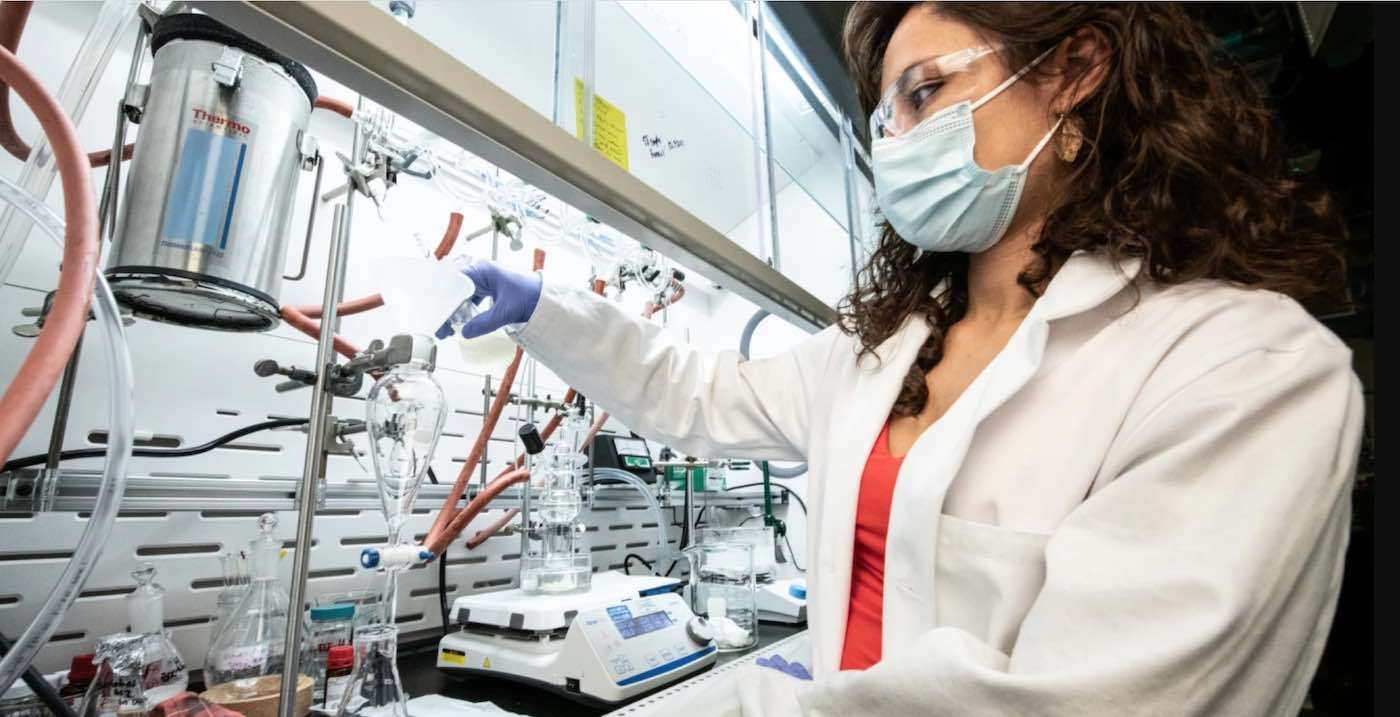Jobs in US Green Economy Grew to 6% of Total Employment -And Will Grow at 16x Normal Job Creation Rate
The number is expected to rise from 9 million to 24 million in just 10 years, advancing at a rate 16-times higher than the national average.

Amazon.com has joined the international BOTTLE consortium to develop the technologies needed to reduce plastic pollution through innovation in materials and recycling.
Imagine a new technology that breaks down existing plastic materials to create a new, innovative type of material. This new material could then be broken down more easily when recycled—and even biodegrade in natural environments.
That scenario does not have to be imaginary. In fact, it is the mission of a research initiative under the U.S. Department of Energy, launched in 2020 to bring these new technologies and materials to life. BOTTLE stands for "Bio-Optimized Technologies to keep Thermoplastics out of Landfills and the Environment." The consortium, led by the National Renewable Energy Laboratory, has brought together cutting edge talent from both the public and private sectors—now including Amazon.
Amazon has joined to speed up its progress in developing chemical upcycling. The research collaboration is a way of handling today's plastics and ensuring tomorrow's plastics are recyclable by design.
"Finding a way to better recycle single-use plastics while reducing and ultimately eliminating their use is a grand challenge of our time, and we're committed to pursuing scientific advancement to this end," said Gregg Beckham, BOTTLE's CEO and a senior research fellow at the NREL. "With Amazon's innovation expertise, we're excited to work together to find solutions that have the potential to have vast, positive impacts."
As part of the consortium, Amazon's growing team of materials scientists and experts hopes to develop technologies and materials that will enable the full life cycle of plastics to be net-zero carbon. Amazon's team will work with the consortium to create new energy-efficient technology that will break down different kinds of plastics and turn them into valuable materials that can be used to make the same types of plastics or new plastics. In cases where the materials don't make it back into the recycling stream, the molecular structure of the new materials will be designed to biodegrade in natural environments.
This research is another step in Amazon's efforts to eliminate or reduce packaging waste. As of 2021, Amazon had reduced the outbound weight of packaging per shipment by 36%, a total of one million tons, while increasing the use of recyclable materials.
"In partnership with BOTTLE, we plan to make significant progress in developing new technologies and materials that will lead to less material in landfills and more back into the circular economy," said Alan Jacobsen, principal materials scientist at Amazon.
Amazon Aware, for instance, is a new line of everyday essentials, such as a bathroom counter and towel rack, all designed and made from materials such as recycled polyester.
Today, the most commonly used plastics are polyolefins, which include polyethylene (plastic film and sheeting) and polypropylene (thermoplastics formed into shapes), both of which are commonly used in packaging. Recently, Raoul Meys and collaborators published an article in Science describing the feasibility of achieving net-zero, or even net-negative, carbon emissions for the full life cycle of these and other existing conventional plastics.
The research by Meys and team shows a challenging yet feasible path toward net-zero carbon emissions for plastic.
Effecting that shift is a daunting task, but the movers-and-shakers who are partners in the BOTTLE consortium include scientists from UK's Portsmouth University's Centre for Enzyme Innovation, the Los Alamos National Laboratory, Oak Ridge National Laboratory, SLAC National Accelerator Laboratory, Argonne National Laboratory, MIT, and Colorado State, Montana State and Northwestern Universities.
Moreover, knowing that Amazon started out as an online bookstore serving customers out of a garage provides hope that even daunting tasks are achievable.
"We're committed to using our size and scale to reduce and eliminate our use of materials and find new ones that can be applied to our operations and other industries around the world."
DELIVER This Great News to Eco-Friends on Social Media…
Be the first to comment